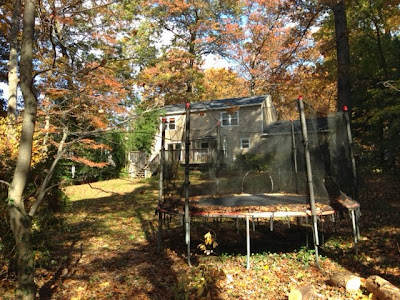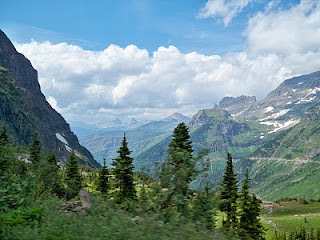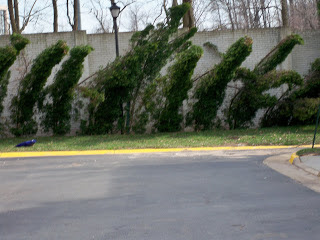The Playlist
did and gave them as gifts. I’d find them all over the house, compact discs of
indeterminate vintage, with titles like “Pump Up” or “Race Day” written in
marker ink.
the careful choice of music, to plotting it out in my mind before putting it
together. To walking with it, seeing how it flows, then tinkering some more and
burning it to a disc.
reveals both the giver and the recipient; it shares what can’t be touched or
seen but must be felt. It is the gift of music, of course, but more than that.
It is music personalized.
But that’s what it is.


